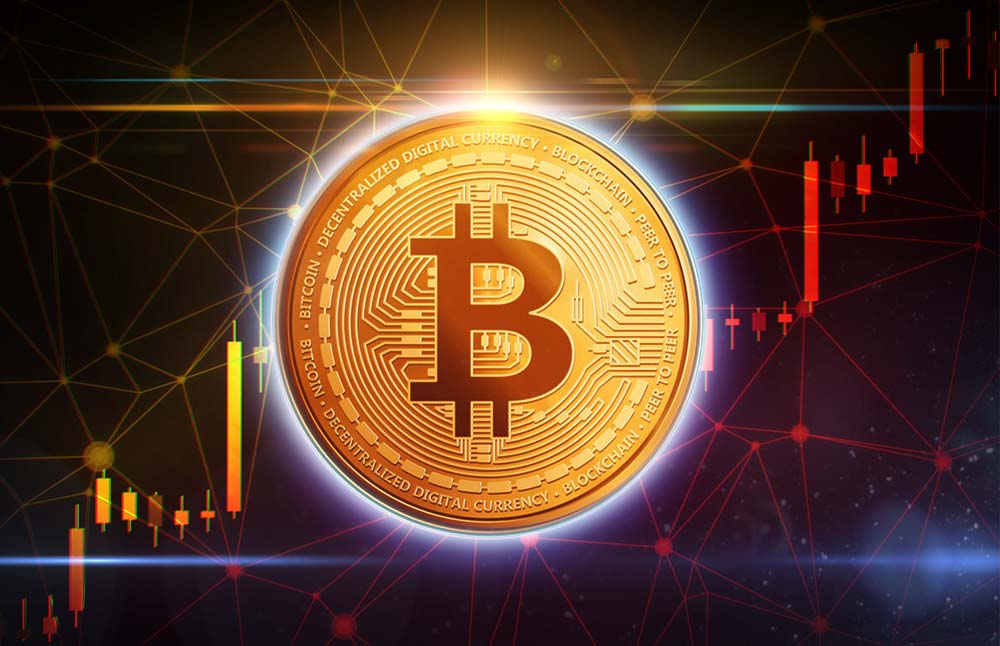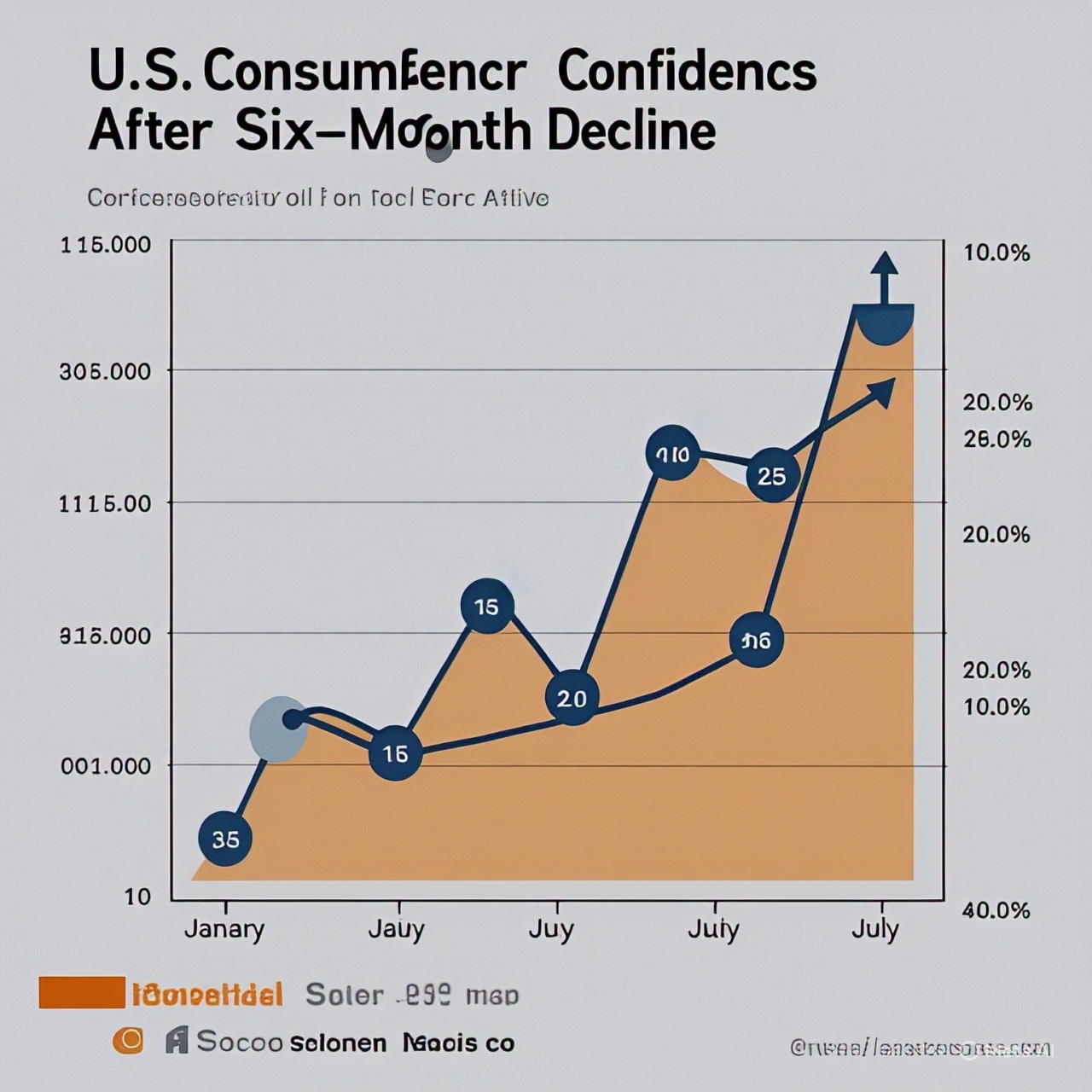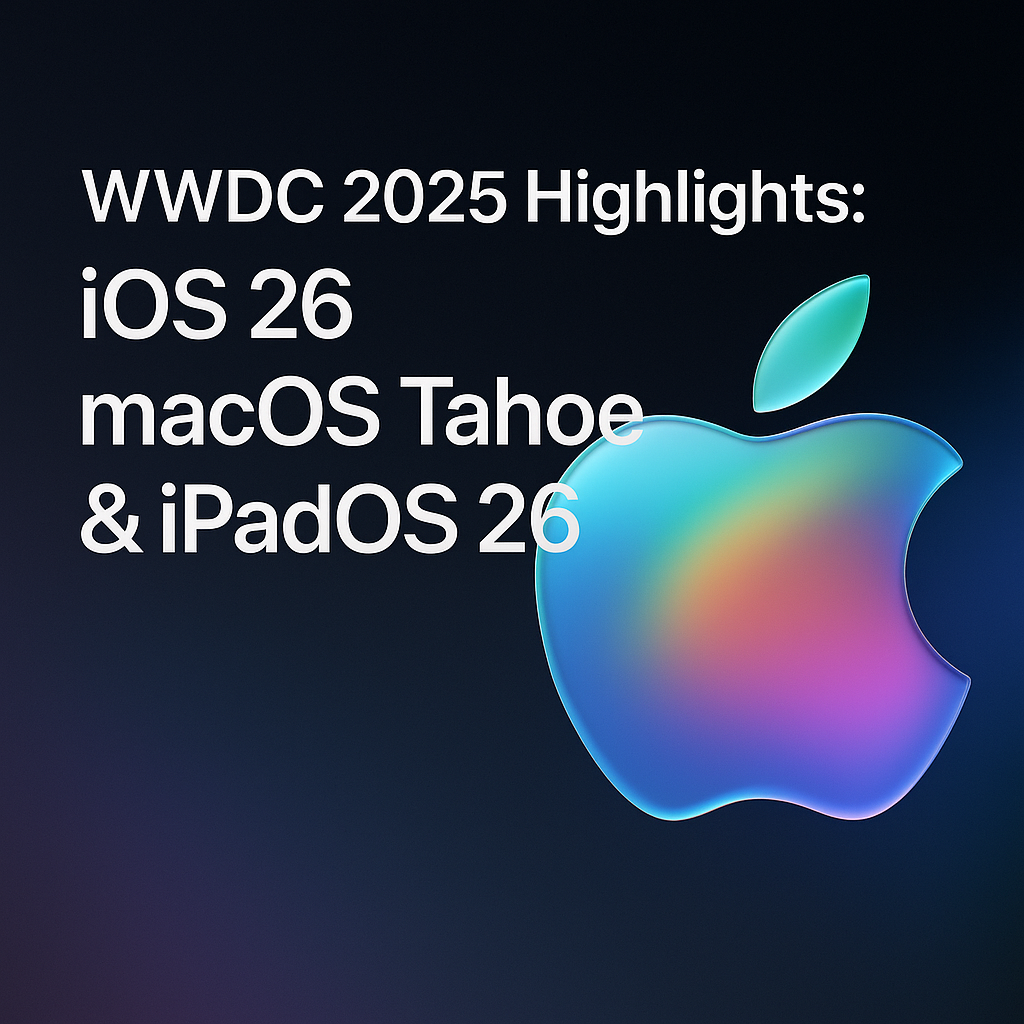A detailed examination of the House of Representatives' 'Genesis Mission' initiative, situating the proposal within recent U.S. science and technology policy developments, budgetary trends, industrial challenges, and geopolitical competition. The article includes expert commentary and primary-source references.
Australia has publicly endorsed the U.S. airstrikes on Iranian nuclear sites, citing security concerns over uranium enrichment. While affirming its non-military role, the government emphasized diplomacy, announced evacuation plans for citizens in the Middle East, and acknowledged economic fallout.
Major Gulf stock markets, including those in Saudi Arabia, the UAE, and Qatar, showed surprising resilience today as the U.S. officially joined the Israel-Iran conflict. Investors appeared cautiously optimistic, with energy stocks providing support and regional central banks closely monitoring currency and inflation risks.
Israel has entered its second week of targeted strikes on Iranian missile and nuclear sites, prompting retaliatory attacks on Haifa and Tel Aviv. With civilian casualties mounting, global pressure builds on the U.S. government to intervene as the situation intensifies into a full-scale regional conflict.
In retaliation to the U.S. administration's proposed expansion of travel restrictions affecting 36 countries, including Nigeria, the Nigerian government has emphasized its strategic importance by highlighting its significant reserves of rare earth metals. Foreign Minister Yusuf Tuggar warned that such visa barriers could impede potential trade agreements, particularly in sectors like energy and advanced technology. He pointed out that Nigeria's rich deposits of critical minerals such as samarium—used in military-grade magnets and nuclear reactor control rods—position the country as a key player in the global supply chain. Tuggar urged the U.S. to reconsider its stance, stressing that visa restrictions act as non-tariff barriers to trade and could hinder mutually beneficial economic partnerships.
Bitcoin has regained upward momentum, holding above the $104K mark, as traders turn their attention to the strength of the U.S. dollar for future signals. With the Federal Reserve adopting a cautious stance, the greenback's performance could dictate the next big move in the crypto market.
President Trump delivers mixed signals on potential military action against Iran, deepening a divide within Washington. As tensions escalate in the Middle East, U.S. political and military leaders remain conflicted on whether to pursue diplomatic restraint or forceful retaliation.
Texas Instruments revealed plans to invest over $60 billion to build and expand seven semiconductor fabs in Texas and Utah—the largest foundational chip manufacturing commitment in U.S. history—potentially creating around 60,000 jobs as part of a broader push to boost domestic supply chains.
The U.S. office space market is shrinking for the first time since 2000 due to rising demolitions, residential conversions, and declining new construction. This shift may benefit tenants but puts pressure on REITs and traditional real estate investors.
U.S. consumer sentiment jumped to 60.5 in June 2025 from 52.2 in May, marking the first increase in half a year. Lower inflation expectations and easing economic concerns have fueled cautious optimism among households and investors alike.
California Bar Introduces Privacy Law Specialization to Meet Digital Era Demands
June 22, 2025Collagen Supplements Boom: Do They Really Improve Skin and Hair Health?
March 15, 2025Twitter Rolls Out New Feature Allowing Users to Tip Influencers Directly
April 08, 2025















